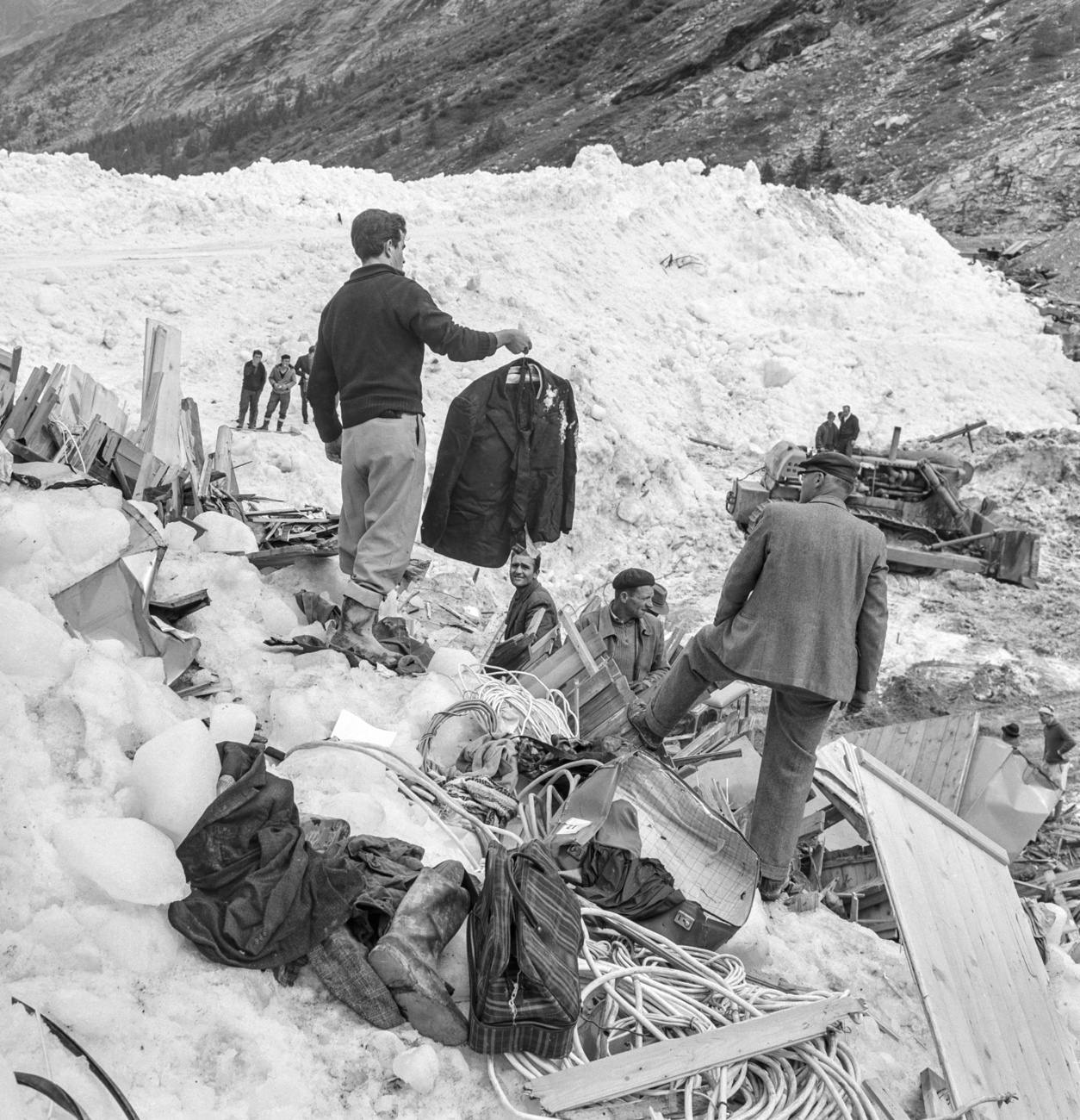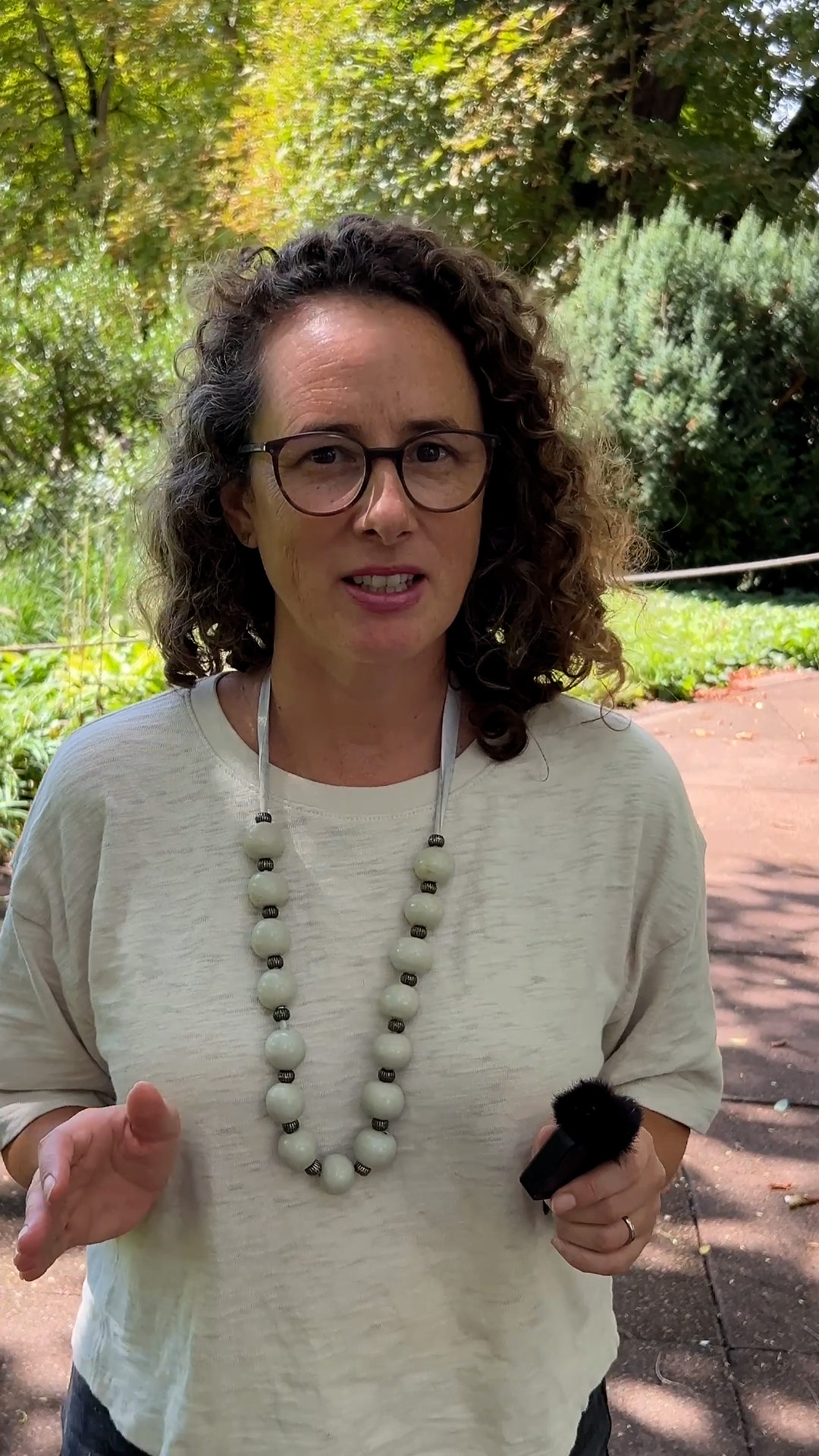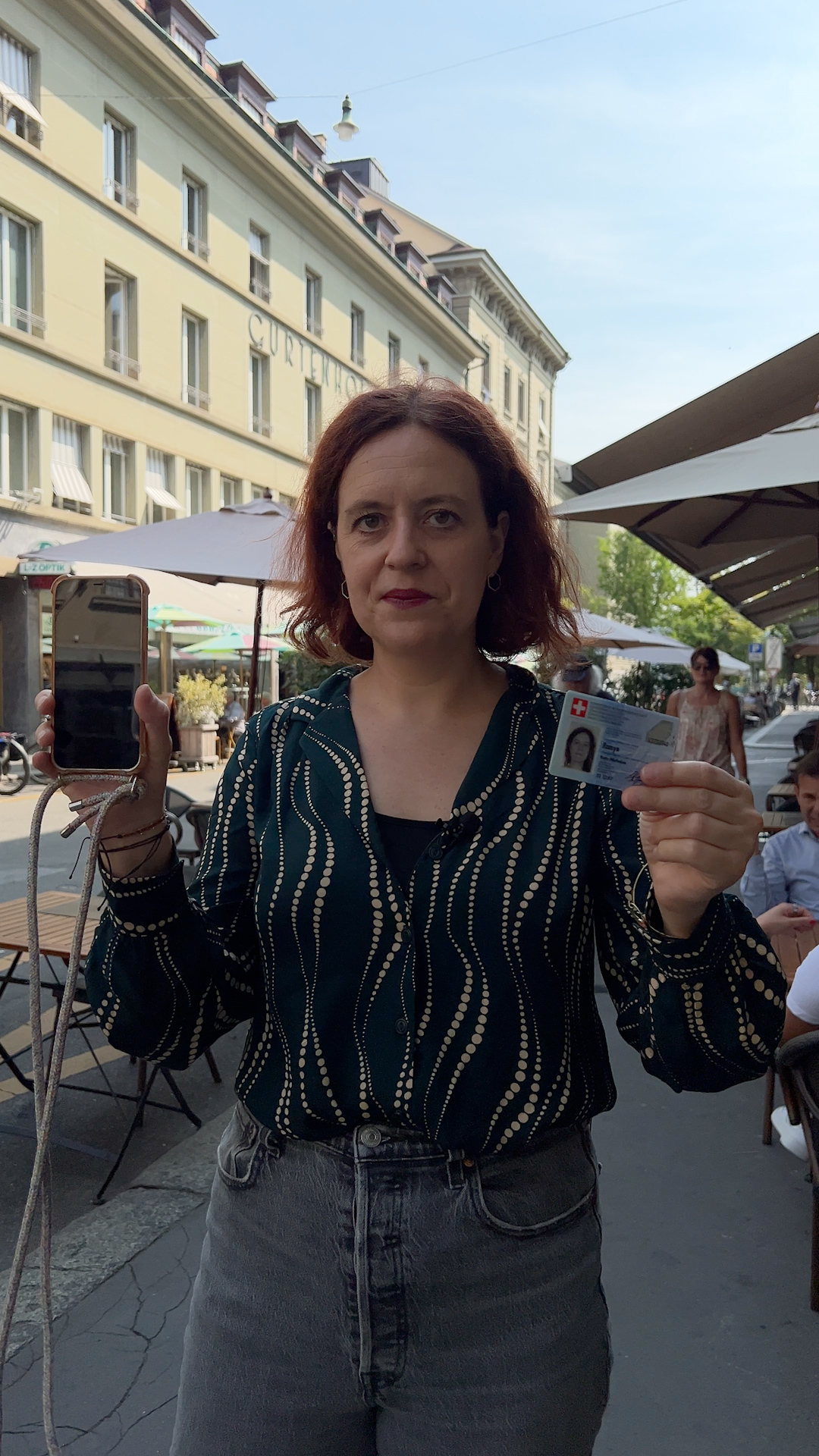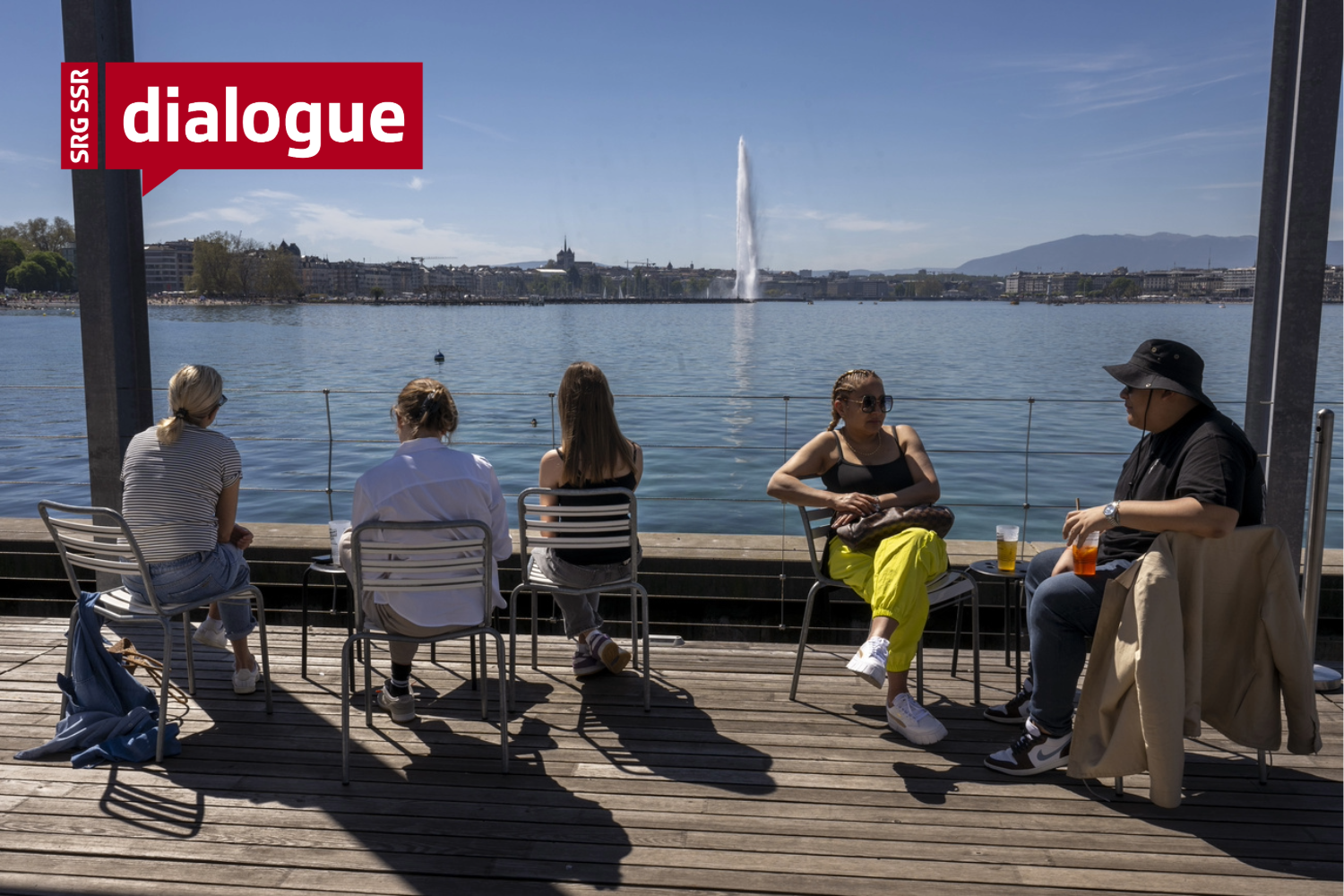
Women’s campaign group keeps up the fight

For the past two decades a Swiss organisation has been fighting all forms of exploitation of immigrant women, including trafficking and violence.
On Saturday, FIZ – the information centre for women from Africa, Asia, Latin America and eastern Europe – is marking its 20th anniversary, and some notable successes.
But the campaign group says there are still hurdles to overcome and the work on behalf of oppressed immigrants will continue.
The Zurich-based organisation offers legal advice and support to women who have been abused or exploited, have no right of residence or face repatriation following separation or divorce.
Since its founding more than 3,300 women have visited the centre, while 5,000 have been counselled over the phone in the past five years alone.
Many of these women were working as prostitutes, having been lured to Switzerland with false promises of well-paid work. Others suffered abuse at the hands of violent husbands or were treated as domestic slaves by unscrupulous employers.
Raising awareness
In addition to its consultation services, FIZ campaigns on a political level for improvements in the status of immigrants.
“The main aim is to improve protection for women who are trafficked,” explained FIZ spokeswoman, Doro Winkler. “The other thing is to fight for better rights for migrant women. We try also to change the political situation, although this is not easy.”
Winkler told swissinfo that she considered the biggest success of the past 20 years to be the fact that the information centre had raised public and political awareness of the issue of women trafficking.
But changes in the law 13 years ago had made the situation of migrant women more difficult and had also had an impact on the organisation’s work.
“Until 1992 women who married Swiss men got Swiss nationality. Now they have to stay five years. If they separate they lose their residence permit,” Winkler said.
“There are more and more illegalised women looking for help.”
Makasi project
Winkler, one of just seven staff members, says that in the past few years the centre has dealt with a growing number of victims of trafficking. These women now increasingly come from eastern Europe, with fewer women from Asia and Latin America seeking help.
To improve its assistance to this category of women FIZ set up a new professional consultation centre last year, known as FIZ Makasi. Makasi means “strong” in Lingala, a language of central Africa.
The Makasi project offers legal, psychological and social help to women who are victims of trafficking. It seeks to make them aware of their rights, clarifies their residence situation in Switzerland, and tries to help them overcome their trauma.
The organisation is concerned that there is too little protection available to those who have been smuggled into the country. If they speak out against their abusers, they may face repatriation once the case has been through the courts, even if their lives could be at risk in their homeland.
“We inform women about their rights and about the risks if they press charges,” said Winkler. “We’ve had women whose families were murdered after they launched [legal] proceedings.
“We try to help them make the decision that is right for them. But we also inform them about the lack of protection. If they press charges there is no guarantee that they can stay in Switzerland. But if they press charges, we support them in this process.”
Looking ahead
Almost half of the running costs of FIZ are met by public donations, with a third coming from the Zurich city, cantonal and federal authorities. Charities and aid agencies including Caritas and Terre des Hommes make up the difference.
Having launched the Makasi project last autumn with funding guaranteed for one year, the FIZ organisers now have a job on their hands to ensure its future financing.
They have been trying to secure funding from the federal and local authorities under the law on victim aid, but are not optimistic in the light of budget cutbacks.
Another possibility for the future, according to Winkler, is to set up a shelter for victims of abuse.
What is certain, she says, is that FIZ will continue its work of publicising the trafficking and exploitation of immigrant women in Switzerland – both among the public and at a political level.
swissinfo, Morven McLean
FIZ has counselled 3,300 women at its premises in Zurich and 5,000 women over the phone.
In 2004 it set up the Makasi project to deal specifically with victims of trafficking.
In 2003-2004 FIZ says it counselled more than 80 trafficked women, 48 of them between August and May.
Of these 48, 15 pressed charges.
FIZ is marking its 20th anniversary with a party at 1900 on Saturday in the Rote Fabrik, Zurich, to which the public are invited.

In compliance with the JTI standards
More: SWI swissinfo.ch certified by the Journalism Trust Initiative









































You can find an overview of ongoing debates with our journalists here . Please join us!
If you want to start a conversation about a topic raised in this article or want to report factual errors, email us at english@swissinfo.ch.